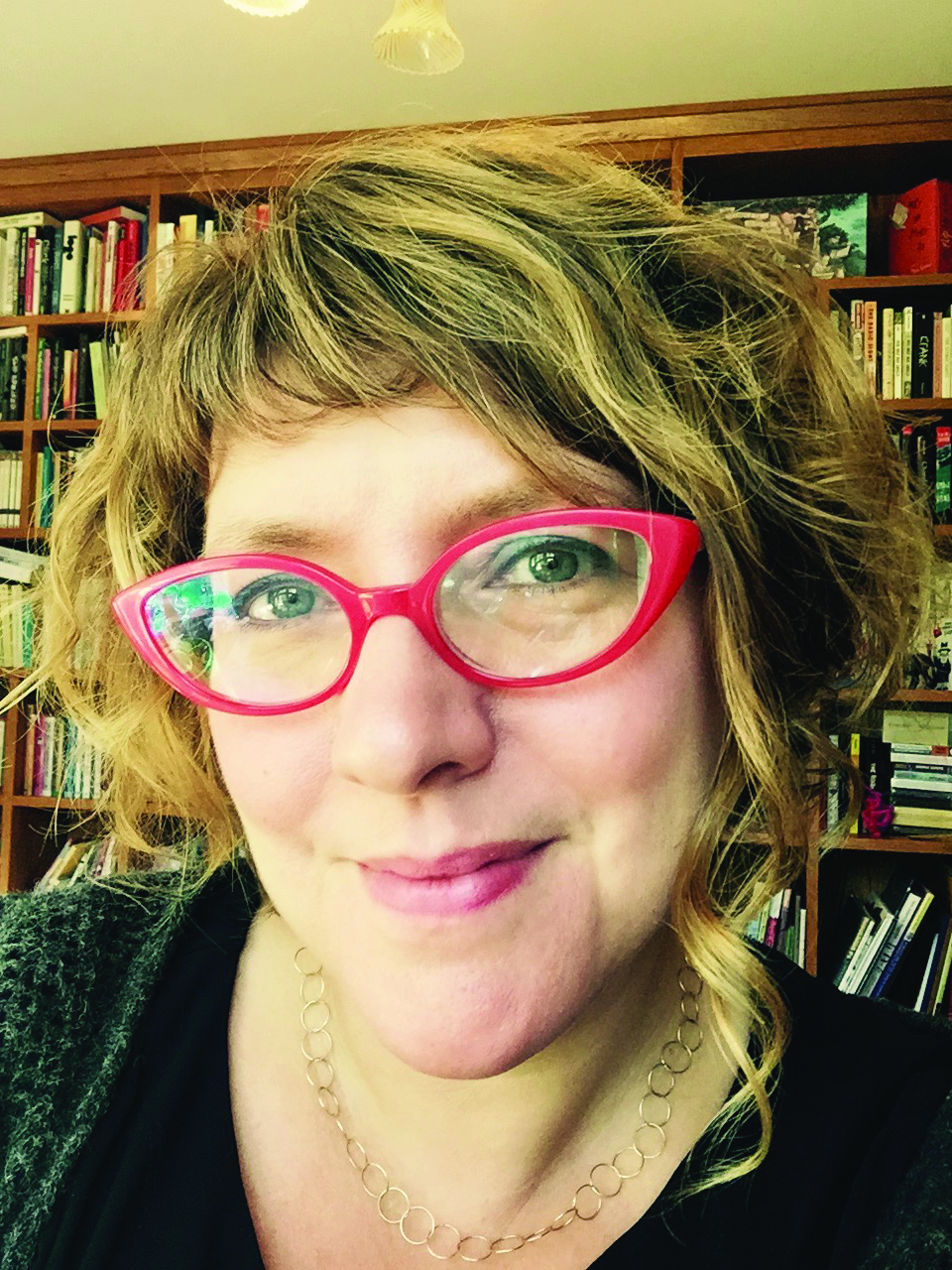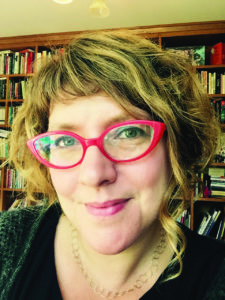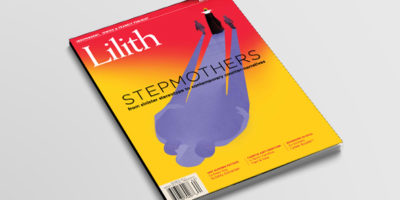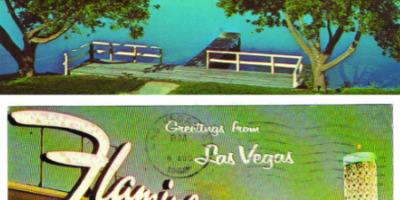
Bored in Shul
An unlikely career booster.

Susan Rich
I’ve been coming to shul on the high holidays my whole life. I think back to my earliest days in synagogue, when I was really little, and I remember exactly what it was like: terrifically boring. In fact, it seemed to me like some sort of senseless test of my patience. How long could I sit still, how long could I stay quiet, how long could I entertain myself with nothing to work with but the fringe of my father’s tallis? Year after year. Not again I’d think as the holy days rolled around.
And then, I learned how to read. And, well, they give you a book when you walk through the door. So I’d dip in. Long before I figured out that you could follow along, I’d scan about this dense tome, looking for something interesting.
And I found it. It was Yom Kippur, sometime in the 1970’s, when I stumbled across the Ashamnu, the confession. What I found here was nothing short of scandalous: the Ashamnu is a list of sins. I’d read through it thinking, has someone in my own congregation Abused, Betrayed, or been Cruel? Have I Destroyed, Embittered, or Falsified? Have Jews throughout our long history Gossiped? I looked around the shul with renewed interest.
And I never again said, not again. Which paid off, because reading that particular text again, and again, revealed something more. This delicious list of sins is actually a puzzle, waiting centuries to be unlocked. The Ashamnu is an acrostic — its sins are arranged in alphabetical order. As a new reader, I was a big fan of the alphabet. It was like spotting a friend. It was a delightful discovery.
Boredom in shul drove me to search for entertainment in a prayer book, and there, I encountered the power of words. Great texts invite us back again and again, always delivering new rewards. Words contain vitality, immortality. Carl Sagan wrote, “What an astonishing thing a book is. It’s a flat object made from a tree … But one glance at it and you’re inside the mind of another person…. A book is proof that humans are capable of working magic.” Throughout my childhood, books were my magic ticket out of boredom.
I am grown up now, and while I admit that I occasionally still get a little bored during services, I have followed the wonder I discovered in text into a career. I’m a children’s book editor. Among the books I’ve published are those by Lemony Snicket, in which children grapple with a tangle of mysteries, face astonishing injustice, and struggle to find their own moral compass. And the Caldecott Medal-winning Finding Winnie, which recounts the true story of how Winnie-the-Pooh was inspired by a real bear named Winnipeg, as told by the great-granddaughter of the World War I soldier who adopted that bear. This fall, I’ll publish a collection of beautiful bite-sized poetry designed to send children speedily off to sleep in One Minute till Bedtime.
With every project, I’m looking for what I found in shul decades ago: words that stand up to the test of time–and to the test of an antsy toddler, a sleep-deprived parent, a weary critic, and a hundredth, a millionth reading. I strive to publish work that will open up over time, hold puzzles that can be unlocked, and can deliver deeper meaning, delight, and nourishment over time. With every new book, I aspire to offer that ticket out of boredom I cherished so much as a young reader myself.
I have boredom in shul to thank for pushing me towards my life’s work. Boredom is an invitation, the mother of curiosity. Boredom asks us to feed our hungry brain, and I’m comforted to know that nourishment is always nearby, in reliable, delicious words.
Susan Rich is Editor-at-Large for Little, Brown Books for Young Readers, where she publishes, among many others, the work of Maira Kalman and Daniel Handler. She began her publishing career in New York, and now lives and works in Toronto.



